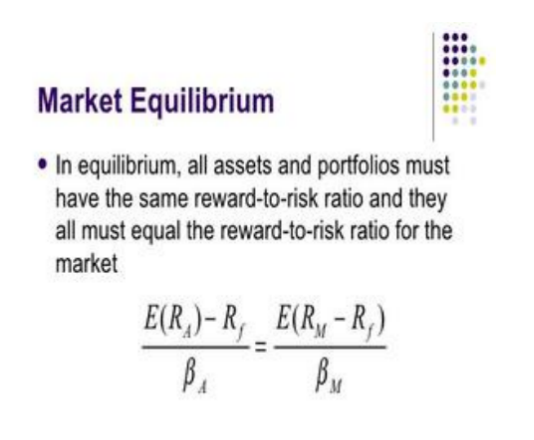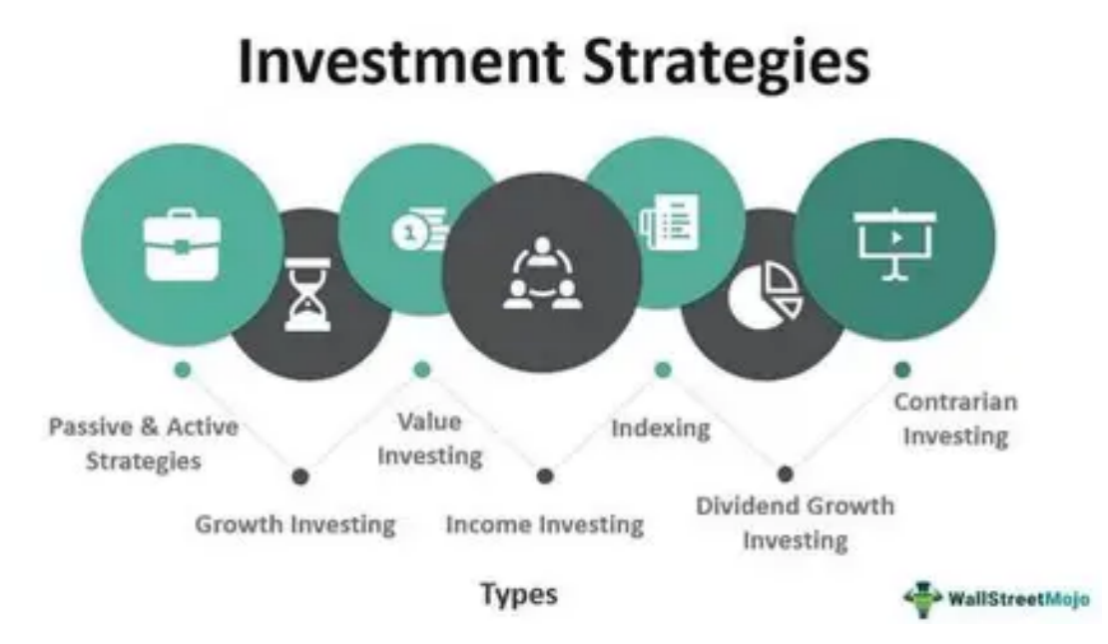In the intricate realm of finance, savvy investors with significant purchasing ability encounter numerous options. Evaluating if a financial product is a good investment requires careful consideration that delves deeper than just a basic review.
Unveiling the True Yield
The promise of high returns can be very tempting; however, it is essential to investigate further. Numerous investment products advertise attractive annual returns, but these can often be deceptive. For example, a brief surge in performance can artificially raise the annual return, which may create a misleading sense of steady profitability. It's important to assess the long-term performance across different market conditions. If a product shows a high annual yield but has been available for only a few months, it's wise to remain cautious. Examine how it performed during turbulent market times, as this will show how well it can endure. Also, it's helpful to compare the yield with similar products available. A yield that is much higher could mean greater risk or an unsustainable business practice.
Assessing Risk - Return Equilibrium
Risk and return are interconnected aspects of investing. When a financial product claims to provide incredibly high returns with little risk, it is often too good to be genuine. Affluent investors need to thoroughly assess the risk characteristics of any financial product they consider.Understanding different kinds of risks, such as market risk, credit risk, and liquidity risk, is very important.For instance, in the bond market, bonds with longer maturities usually offer better yields but also carry greater interest rate risk. A rise in interest rates can result in a noticeable decline in the worth of these bonds. Furthermore, it’s essential to understand your personal risk tolerance. If you are close to retirement and wish to keep your capital secure, opting for a high-risk, high-return investment may not match your objectives, regardless of how appealing it appears on paper.

Scrutinizing Underlying Assets
The worth of a financial product depends on the assets it includes. When looking at mutual funds or ETFs, it’s important to see if they invest in reliable blue-chip stocks or more volatile stocks from emerging markets. For products related to real estate, one should evaluate the location, condition of the property, and its potential to generate income. Caution is needed with structured products, especially ones linked to complicated assets; for instance, those associated with subprime mortgages (similar to what occurred in 2008) can lead to significant losses. Rich investors need to look for straightforward information to guide them in making wise choices.

Evaluating Investment Strategies
The strategy behind a product influences its performance. Hedge funds often rely on high leverage, which can increase both profits and losses, or utilize complicated derivatives, requiring extensive market understanding. When it comes to equity-focused products, growth strategies aim at dynamic, high-potential stocks, while value strategies focus on companies that are undervalued. Strategies that are clear and flexible are more likely to yield steady returns.

In summary, analyzing financial products can be quite complicated. Wealthy investors, who have a lot to lose, must conduct careful research. By reviewing potential returns, the risk-return ratio, the assets involved, and the approaches used, they can safeguard and enhance their wealth in a sustainable manner.

Should you get a savings account or current account?

Dollar-Cost Averaging Benefits

Financing Multi-Family Properties: Opportunities and Challenges

Investing in Foreign Markets

Protect Your Portfolio Investment in Uncertain Markets

The Benefits and Drawbacks of Automated Investing Systems

Wealth in Delayed Retirement: How to Adapt
